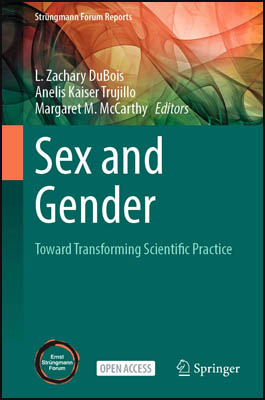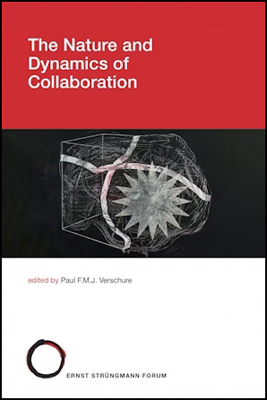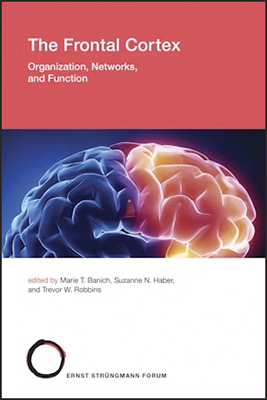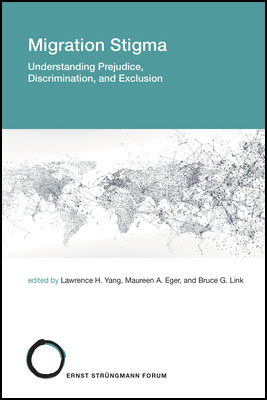Ernst Strüngmann Forum
- Home
- Forums
- Social Connectedness
- Quantum Thinking
- Navigation Research: Mapping the Future
- Metabolic Neuropsychiatry
- Sex and Gender
- Frontal Lobe Networks
- Digital Ethology
- Genetic Risk
- Collaboration
- Migration Stigma
- Intrusive Thinking
- Deliberate Ignorance
- Youth Mental Health
- The Neocortex
- Emergent Brain Dynamics
- Agrobiodiversity
- Cultural Nature of Attachment
- Investors and Exploiters
- Computational Psychiatry
- Translational Neuroscience
- Cultural Evolution
- Complete List
- PDFs of Publications
- Collaboration
- The Frontal Cortex
- Digital Ethology
- Migration Stigma
- Genetic Risk for Psychiatric Disorders
- Intrusive Thinking
- Deliberate Ignorance
- Youth Mental Health
- The Neocortex
- Interactive Task Learning
- Emergent Brain Dynamics
- Agrobiodiversity
- Cultural Nature of Attachment
- Investors and Exploiters
- Computational Psychiatry
- Further Publications
- About
- Impressum/Imprint
- Privacy Notice
- You Are Here



